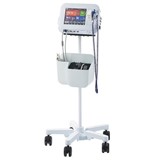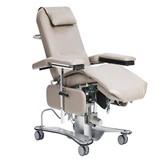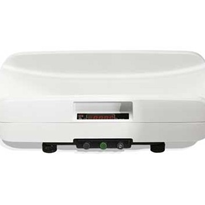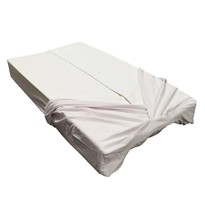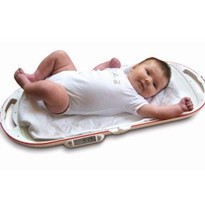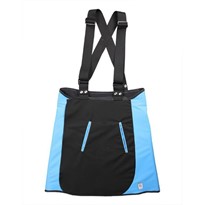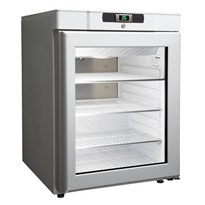The virus first appeared in the Chinese city Wuhan in December 2019 and officially named COVID-19 by the World Health Organization (WHO) on 1 February 2020. The large family of Coronaviruses can cause illnesses ranging from a common cold to the more severe diseases such as the Middle East Respiratory Syndrome (MERS) and Acute Respiratory Syndrome such as (SARS). Coronaviruses are transmitted between humans and animals and it is believed that first transmission of COVID-19 was at a fish market where live animals were being slaughtered. On 18 February 2020, 73,335 confirmed cases of COVID-19 had been recorded worldwide, with 1873 deaths and 12,779 people fully recovering. Most of these cases have been within China.
It is believed that the spread of COVID-19 is like that of other Coronaviruses, spreading from person to person via respiratory droplets when a person coughs or sneezes, currently, there is no clear data, on just how contagious this virus is. From the initial reported case, it appeared that COVID 19 spreads easily and quickly. Outside of mainland China, relatively few cases have been reported. Australia has seen 15 confirmed cases, 10 of them have fully recovered the other 5 are stable in isolation to date. Touching a contaminated surface can also spread the virus. It is not known how long the virus survives on surfaces yet, but a simple disinfectant will kill it. The incubation period for this virus is between 2 and 14 days and people are thought to be most contagious when they are symptomatic. (WHO) report that 4 out of 5 infected people will suffer only mild symptoms, 14% will suffer severe complications such as pneumonia, 5% will be in a critical condition and 2% will die from the disease. It appears that the COVID-19 is not as deadly as the SARS or the MERS outbreaks previously seen.
The best way to avoid this virus is to avoid any contact with it. Other ways of protecting your family from any virus include:
- frequent washing of your hand's soapy water for at least 20 seconds or using an alcoholic hand sanitiser.
- Cough or sneeze into a tissue or your elbow. This is a good practice to teach your children
- stay away from others who show signs of a cold or flu.
- Clean and disinfect household items and benchtops.
Regular surgical masks are often impractical for children and are only effective for about half an hour. After that time, they become wet from your breath and are less effective. There are currently travel bands in effect. If you are pregnant or planning on travelling with young children, it is advisable to talk to your doctor before you do. Read any travel advice for the destination and/or any stopovers. Consider options regarding any potential changes to your itinerary that may occur due to disruptions or restrictions that may be imposed by authorities. While you're away it is best to avoid high-risk areas such as farms, live animals and markets where animals are being slaughtered this includes fish markets. If you do come into contact with animals or animal products avoid touching your eyes, nose or your mouth. Wash your hands with soap and water and use hand sanitiser. Keep your distance from sick people, especially those with fever, cough or difficulty breathing. Seek medical help immediately if you start feeling unwell. Stay up to date with local travel advice from authorities. Australia, along with many other countries have implemented strict screening processes on entry to prevent the spread of COVID-19. Once home, if you or your child are feeling unwell you should consult your doctor as a precaution. It is always best to phone ahead advising them of your recent travel.
Signs and symptoms of COVID-19 are flulike which may include fever, cough and difficulty catching your breath.
Currently, there is not enough there is evidence to demonstrate whether the viruses can be transmitted from the mother to her baby during pregnancy. The current advice for mothers is to continue to follow the normal precautions to protect herself and her unborn baby as she would for any virus. To date, there have been nine infants under the age of one that have been infected with the virus. All these babies have had close contact with at least 1 infected member of their family. In fact, a report from the United Nations (UN) said that children did not appear to be suffering to the same degree as adults were and the risk of death from COVID-19 increases with age. It is not clear why children escape the worst effect of the virus. Doctors believe that this happens due to the differences in the immune systems of a child compared to an adult. This virus appears to be following the same pattern as other viruses for example measles and chickenpox and more recently SARS and MERS. The good news is that there were no reported infant deaths from either SARS or MERS.
The current advice from Australian authorities is to go about your daily business as normal but, any travel bands or restrictions need to be upheld. The World Health Organisation has commented that COVID-19 does not appear to be as deadly as SARS or MERS. The official numbers from China show a decline in the number of new cases. It is hopeful that this outbreak will be over soon.


















